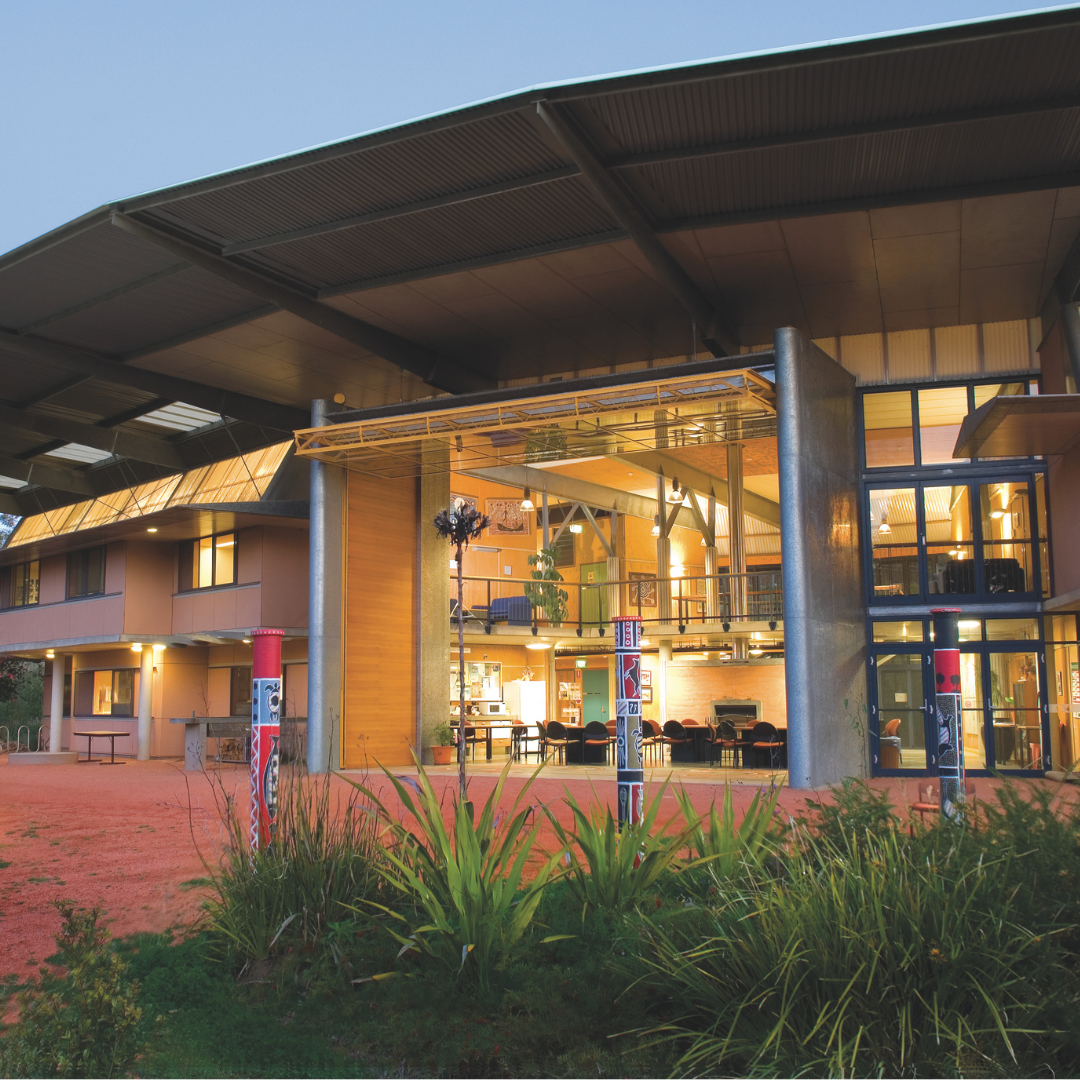

Goal 1:
No Poverty
Low or Lower-Middle Income Countries Student Support
We are stronger when our differences are viewed as opportunities to learn and grow.
Breaking down barriers.
The University of Newcastle supports students from low and low-to-middle income economies via a number of programs. In 2024, we had 39 scholarships that ranged from $5000 to $50,000 which specifically benefited refugees. These scholarships are designed to support high-achieving students from countries classified as low and lower-middle income economies. One such scholarship is the Scholarship for Asylum Seeker Program (SASP). The SASP supports people seeking asylum in Australia to access higher education by providing financial support while they study. Further to this, individual support is provided to navigate academic, social, psychological and financial challenges through a SASP Coordinator.
The University also offers a range of other financial support programs, including:
- Equity-based scholarships and grants aimed at reducing financial barriers for students from disadvantaged backgrounds, including those from low or lower-middle income families.
- International student support services, including academic assistance, career guidance, and wellbeing programs to help students succeed both personally and professionally.
- Flexible payment plans and tuition support for eligible students facing financial hardship.
These efforts reflect the University’s broader commitment to equity, access, and global engagement, ensuring that talented students—regardless of their economic background—have the opportunity to pursue quality higher education.
Make a Gift
Help us make a difference
Welcoming our international students
Anti Racism
At the University of Newcastle, we stand firmly against racism in all its forms. We recognise that racism is a pervasive issue that is endemic in our society and embedded in Australian history and contemporary mainstream culture. Our commitment to fostering an inclusive and culturally responsive university requires us all to actively confront and dismantle racism.
Conversations about racism can be confronting. However, engaging in an open dialogue with those who experience racism is an essential first step to identify and combat racist practices and systems. It is no longer appropriate to simply state zero tolerance to racism in principle without meaningful action and accountability. If leaders are not willing to engage in anti-racism in practice, then undisclosed and unchallenged racism will continue to grow.
We believe that every member of our university community, including students, college staff, administrators and affiliates, deserve to work and learn in an organisation that is free from racism. We acknowledge the historical and ongoing injustices faced by marginalised groups, particularly Aboriginal and Torres Strait Islander, international and refugee populations, but can also come in other forms of racism including Islamophobia and Antisemitism. We are dedicated to promoting equity and justice through education, dialogue, and mutual respect. We acknowledge that racism exists in society and therefore our institution and that proactive collective actions are necessary to address this.
We invite every member of our community to join us in this vital work.
Anti-racism working party

The University of Newcastle’s Anti-Racism Working Group has drafted an Anti-Racism Policy. Extensive consultation with key stakeholders and the University community regarding this Policy will occur in the coming months. To support the Policy, the Anti-Racism Working Group is also developing a framework of activity to support the Policy. The Policy, and its associated work, will bolster institutional accountability and demonstrate our commitment to a diverse and inclusive university.
Support and reporting options
Staff and/or students who directly or indirectly experience or observe racism should seek immediate support.
For students:


Student counselling services
For staff:
Human Resource Services - Staff Care
EDI Unit
Notify senior officer
The Office of the Deputy Vice-Chancellor (Engagement and Equity)
The University of Newcastle acknowledges the traditional custodians of the lands within our footprint areas: Awabakal, Darkinjung, Biripai, Worimi, Wonnarua, and Eora Nations. We also pay respect to the wisdom of our Elders past and present.



